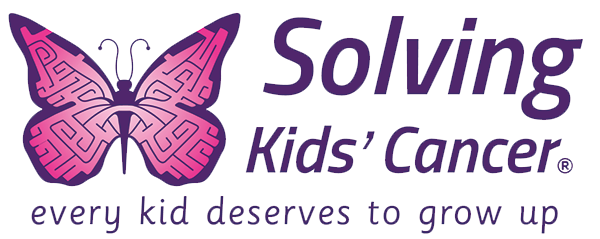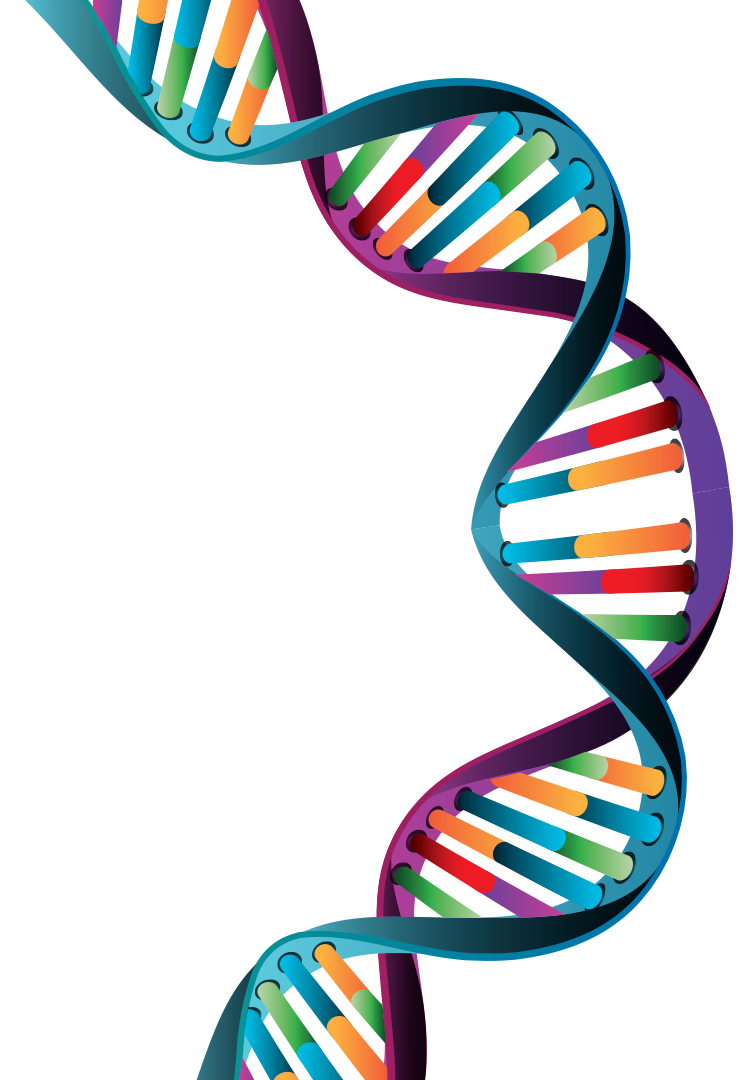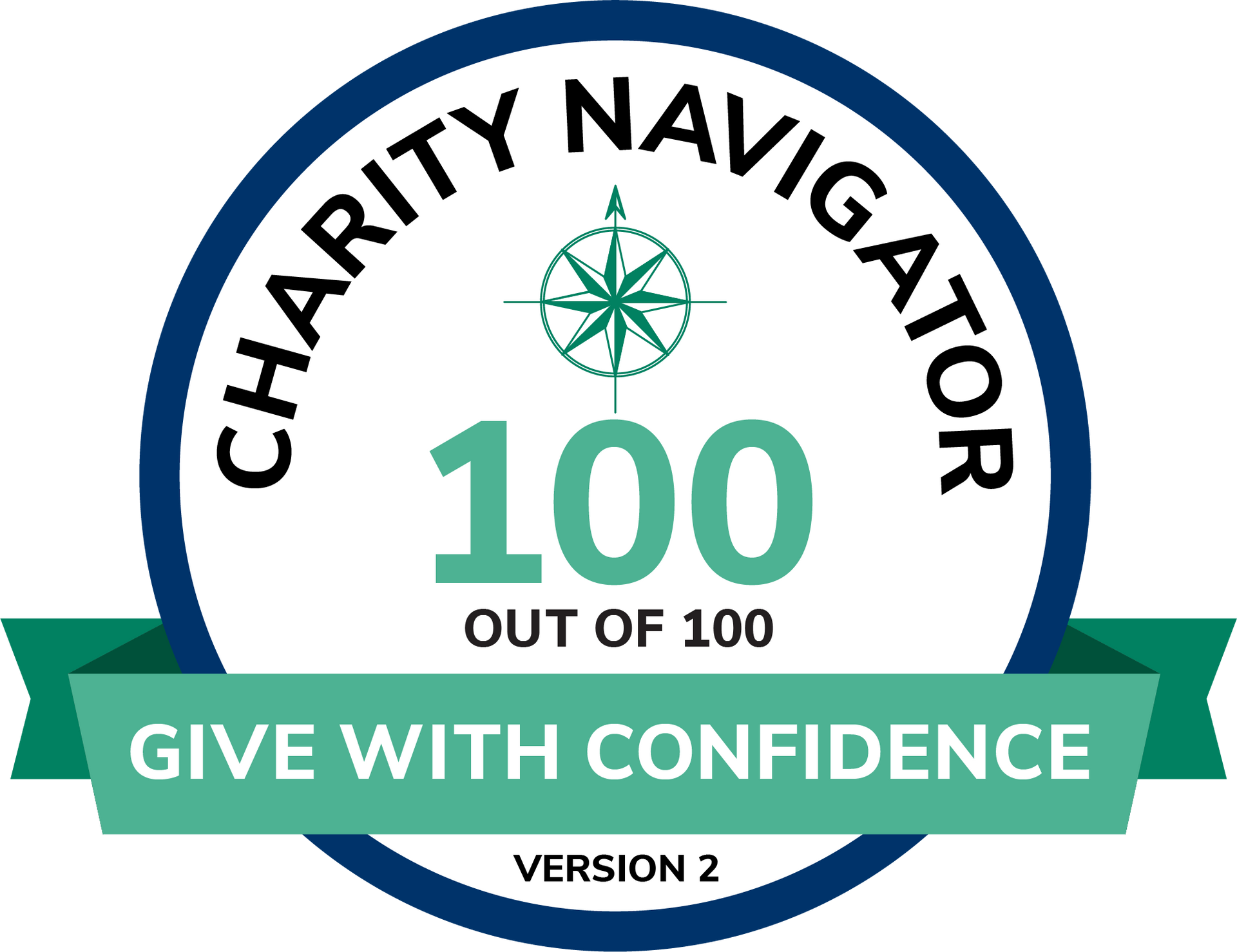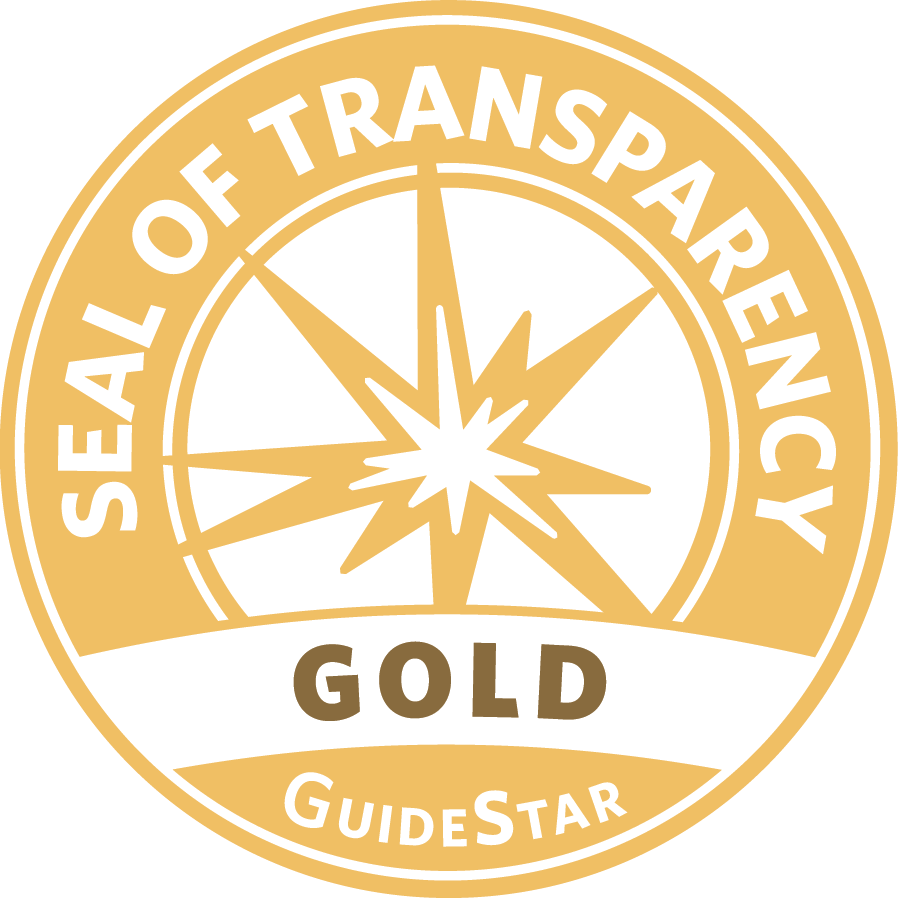The Challenge
Children fighting pediatric cancers need treatments that have the potential to cure them. When current treatment options such as chemotherapy, surgery, and radiotherapy fail, there is an unacceptably low chance of survival.
SKC is interested in experimental therapies with innovative approaches that push the boundaries of what is possible and creatively apply everything that is known about a particular form of childhood cancer to bring the maximum benefit to children. Radical changes are required to successfully deal with the most fatal childhood cancers.
The Challenges of Traditional Pediatric Cancer Research:
Today, despite significant improvements in outcomes for some pediatric cancers, like acute lymphoblastic leukemia, the survival rate upon relapse for some childhood cancers remains near 0%. The system currently serving these children is ineffective. While there are many factors, several of the key reasons are:
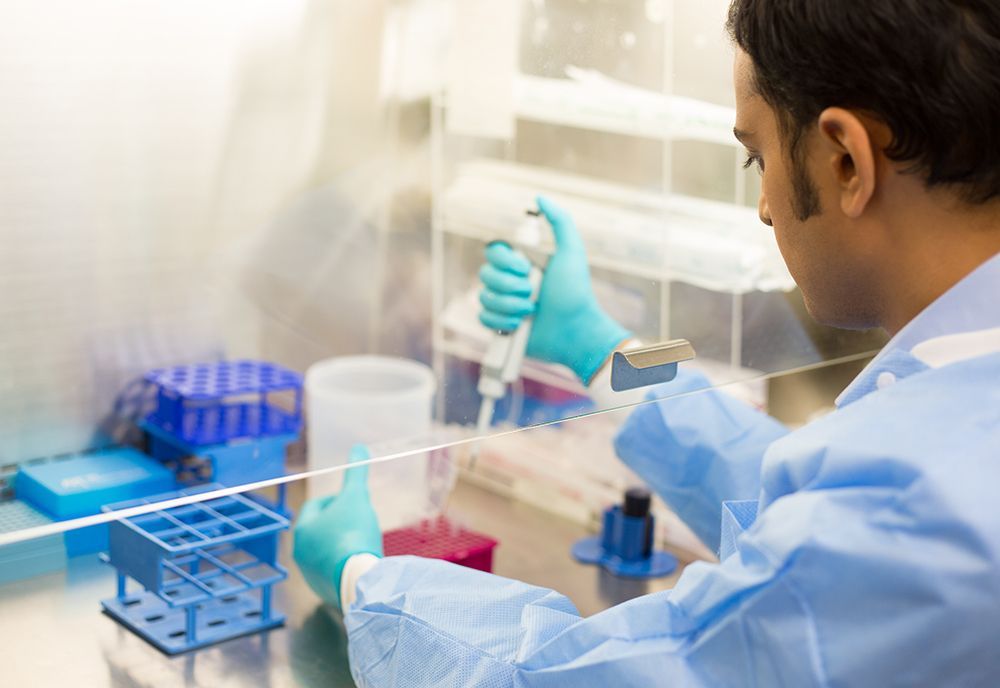
The bar is set too low for what success means.
In today’s clinical research, potential treatments are often advanced from one phase to another, even when little or no benefit to impacting disease is demonstrated.
Most clinical research is low risk/low reward.
Significant improvements in survivorship will only come through research that utilizes novel agents, approaches and targets that are currently under-investigated in children.
A greater focus needs to be placed on translating pre-clinical data into clinical trials.
Greater than 95% of all published research on pediatric cancers is pre-clinical.
The most cutting-edge research can take years to reach children.
The latest and most innovative research is prioritized for adults.
Research funding is not used effectively.
Grants are typically lump-sum awards without performance incentives to promote accountability and effective management of the clinical study or research program.
Researchers and institutions are not structured to consider all avenues of progress to improve survival.
The current structure of scientific research encourages competition, redundancy, and demonstrates a lack of transparency and cooperation.
Survivors of pediatric cancers are subject to long-term side effects.
After lengthy regimens of traditional treatments, children are at increased risk of secondary cancers, cardiovascular issues, and other debilitating problems.
Research Advocacy

Identifying breakthroughs and filling gaps in the treatment landscape.

Directing research to the areas of greatest need.

Funding trials that benefit children over research for research sake.

Developing streamlined clinical trials that quickly advance promising options.
To have a significant impact on survival, we must identify gaps in the system and push for better clinical trials with curative intent. SKC's mission, vision, strategy and measurable goals result in accountability for working toward better survival.
Nonprofits play a vital role in helping to identify current unmet needs and finding, prioritizing and advancing breakthrough research to match those needs quickly.
SKC applies a comprehensive understanding of the research landscape to accomplish its mission. This includes a systems analysis approach to track all the globally connected stakeholders: academic research, industry, regulators, nonprofit landscape, and parent community.
Research advocacy helps set the right balance between the goals of researchers and the specific clinical needs of children with cancer. Bridging these two elements is the heart of research advocacy.
"Through research advocacy, we can rapidly increase the number of research projects which have high potential for significant impact. Additionally, funders can make better use of their philanthropic dollars by investing in projects that have the highest potential to benefit children."
Scott Kennedy, co-founder, Solving Kids' Cancer
"Research advocates play a vital role in shaping NCI’s work. They challenge us, and ensure that we never lose sight of what we are here to do – which is to improve patient outcomes by advancing cancer research. We can’t do this without the unique perspectives research advocates bring."
Dr. Doug Lowy, NCI Deputy Director
SKC Presence in the Research Landscape
For almost two decades, Solving Kids’ Cancer has earned a seat at the table among some of the most inspiring researchers and like-minded organizations that are making a significant impact in the pediatric cancer research landscape.
Collaborating with pediatric cancer stakeholders across the globe, SKC advocates serve on many advisories and working groups to solve kids' cancer.
SKC participates in national and international consortiums, coalitions, and committees.
Member, ACCELERATE Steering Committee, (2024-present)
Panel Member, Department of Defense Rare Cancer Research Programmatic Panel, (2023-present)
Member, NCI Pediatric and Adolescent Solid Tumor Steering Committee, (2023-present)
Member, Pediatric Drug Development, "Fit for Filing," ACCELERATE Working Group, (2019-present)
Member, Pediatric Central Review Board, National Cancer Institute (NCI), (2015-present)
Patient Expert, National Cancer Research Institute (NCRI), (2015-present)
Patient Representative, FDA, (2010-present)
Panel Member, Pediatric Oncologic Drugs Advisory Committee, (ODAC) FDA, (2010-present)
Member, Parent Advisory Council, New Approaches to Neuroblastoma Therapy (NANT), (2010-present)
Drug Appraisals, National Institute for Health and Care Excellence (NICE), (2015, 2016, 2018)
Pediatric Cancer Working Steering Committee, American Association for Cancer Research (AACR), (2015-2018)
SKC has been invited to present at scientific conferences around the world.
Advocate Award, Advances in Neuroblastoma Research, Washington DC (2025)
Panel, Organizing Committee, Strategy Forum for antibody-drug conjugates, ACCELERATE, Denver CO (2025)
Advocate, Global CART Summit, Chicago IL (2025)
Organizing Committee, CARE FOR RARE Strategy Forum, Playa Del Carmen, Mexico (2025)
Organizing Committee, Neuroblastoma Symposium, London UK (2025)
Panel Judge, AACR June Biedler Prize for Cancer Journalism, Philadelphia PA (2025, 2024, 2023)
Advocate, AACR Pediatric Cancer Predisposition Workshop, New Orleans LA (2024)
Speaker, Interpreting Study Results, CNCF Parent Education Conference, Chicago IL (2024)
Advocate, Strategy Forum for Diffuse Midline Glioma, ACCELERATE, Toronto CA (2024)
Advocate. SIOPEN Annual General Meeting, Vilnius, Lithuania (2024)
Advocate, Strategy Forum for GD2, ACCELERATE, EMA, Amsterdam NL (2024)
Advocate, Third Neuroblastoma Drug Development Strategy Forum (NDDS3), Boston MA (2023)
Advocate, Strategy Forum for DNA Damage Repair, ACCELERATE, Amsterdam, NL (2022)
Organizer, Neuroblastoma Parent Global Symposium, Virtual (2020-present)
Advocate, Strategy Forum for mTKIs in Bone Sarcomas, ACCELERATE, Virtual - Global (2021)
Advocate, Strategy Forum for CARTs, ACCELERATE, Virtual - Global (2021)
Advocate, Strategy Forum for BET Inhibitors, ACCELERATE, Virtual - Global (2020)
Advocate, Strategy Forum for Epigenetic Modifiers, ACCELERATE, Philadelphia (2020)
Advocate, Medulloblastoma in the Mountains, Whistler, Canada (2019)
Presenter, CNCF Conference, Relapse Road, Chicago IL (2019)
Participant, ACCELERATE Pediatric Oncology Conference, Brussels, Belgium (2019-2025)
Panel Member, Closed Preclinical Drug Development, AACR Pediatric Cancer Working Group, Atlanta, GA (2019)
Participant, International Multi-stakeholder Workshop, ITCC-P4, Amsterdam, Netherlands (2018)
Participant, Pediatric Cancer Round Table, Canadian Institute of Cancer Research (CIHR-ICR) Ottawa,(2018)
Panel Member, Relapse Road, ANR/CNCF Parent Education Conference, San Francisco, CA (2018)
Panel Member, FDA/OCE Public Meeting on Relevant Molecular Targets in Pediatric Cancers, MD (2018)
Panel Member, 2nd Pediatric Precision Oncology Conference, New England Journal of Medicine forum, AZ (2018)
Presenter, FACTOR Osteosarcoma Conference, Collaborative Funding Model, Miami, FL (2018)
Presenter, International Society of Pediatric Oncology (SIOP), Oral and Poster Sessions, Washington, DC (2017)
Panel Member, AACR Annual Meeting, Pediatric Cancer Drug Development, New Orleans, LA (2016)
Organizing Committee and presenter, CAC2 Research Conference, Cold Spring Harbor, NY (2016)
Advocate Member, AACR Pediatric Cancer Predisposition Workshop, Boston, MA (2016)
Presenter, Parent Decisions: Breaking Bad News, Advances in Neuroblastoma Research (ANR), Australia (2016)
Panel member, NCI Genomics Workshop, Advocate, Embryonal tumor pane, Bethesda, MD (2015)
Presenter, Bristol-Myers Squibb Advocate Council meeting, Philadelphia, PA (2015)
Presenter, The International Society for Pediatric Oncology (SIOP), Auckland, New Zealand (2011)
Presenter, Neuroblastoma Children’s Cancer Alliance/SKC EU, London, UK (2011-2019)
Presenter, Children’s Neuroblastoma Cancer Foundation (CNCF), (2010-2012)
Educational Presenter, Children’s Oncology Group (COG), Anaheim, CA (2010-2012)
SKC is also represented through published work. Learn more here.

Our Progress
Solving Kids' Cancer advocates for systemic improvements in the research enterprise and initiates novel clinical trials for children battling the deadliest childhood cancers. Experts agree that cures will come through multimodal combinations and approaches. SKC supports innovative therapies with strong rationale for improved outcomes for children who need it the most.
Our Impact
- SKC has funded 48 pediatric cancer research projects, investing more than $12M toward cures.
- 26 of these projects represent clinical trials which have treated hundreds of children at cancer centers around the world.
- SKC has supported 22 preclinical investigative projects that studied new targets, modalities, prognostic factors, and delivery mechanisms. Eleven of these preclinical projects went on to clinical trials.
- SKC has initiated 7 international clinical trials, expanding access to children worldwide.
- SKC has collaboratively funded 33 projects with 24 charity partners.
- SKC has supported ground-breaking clinical trials testing innovative approaches in resistant tumors with the goal of bringing new therapies to newly diagnosed children.
